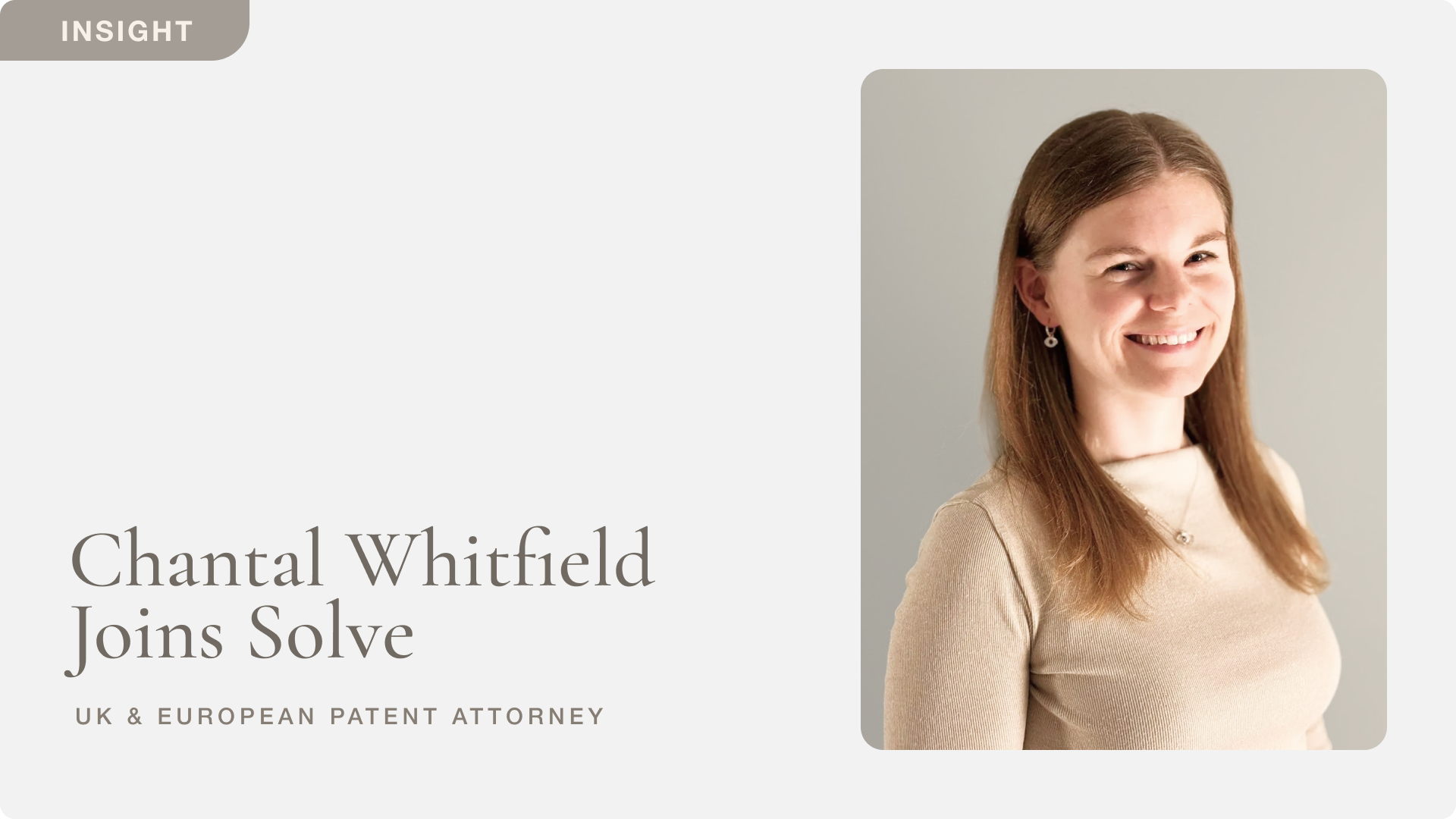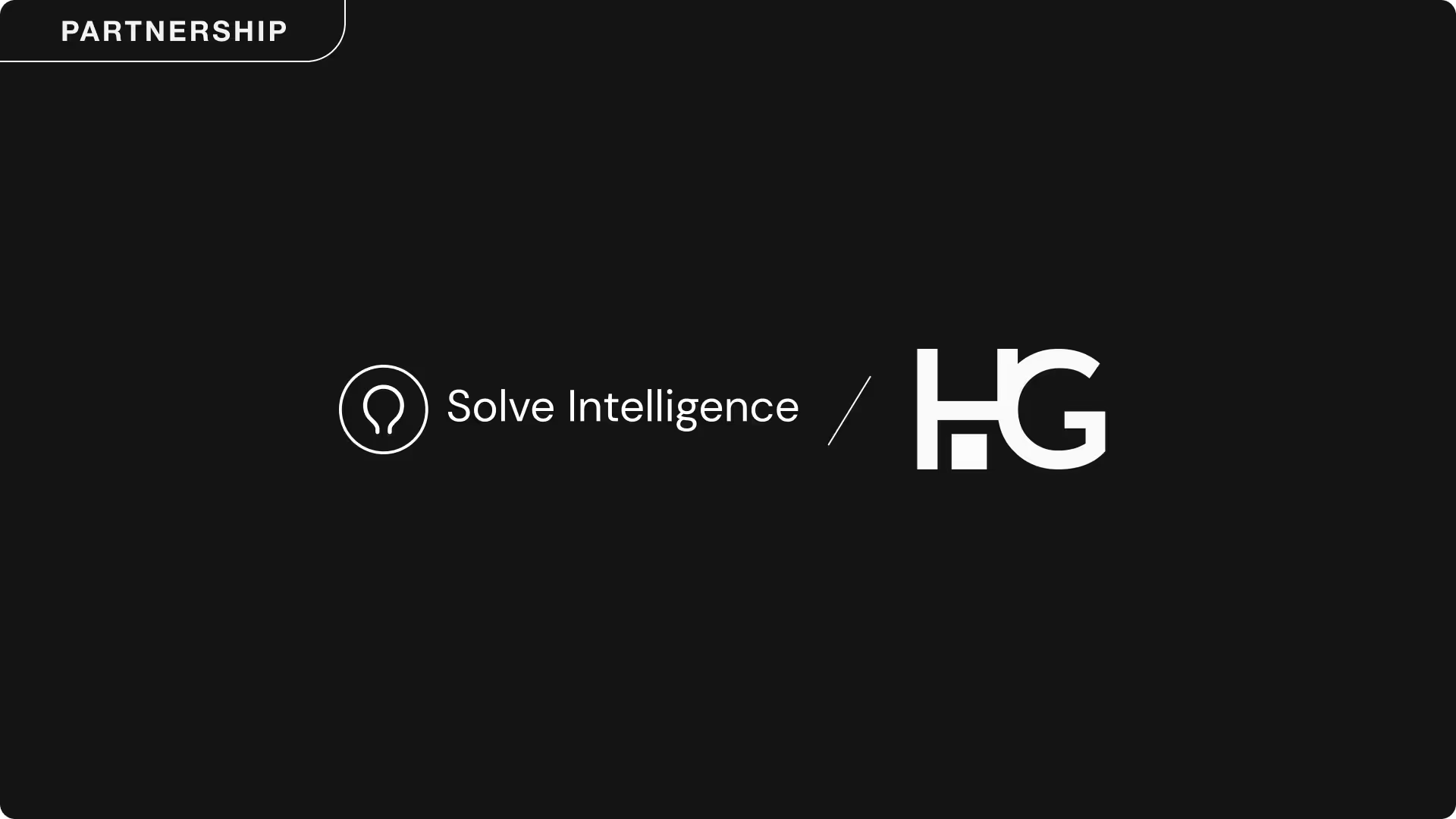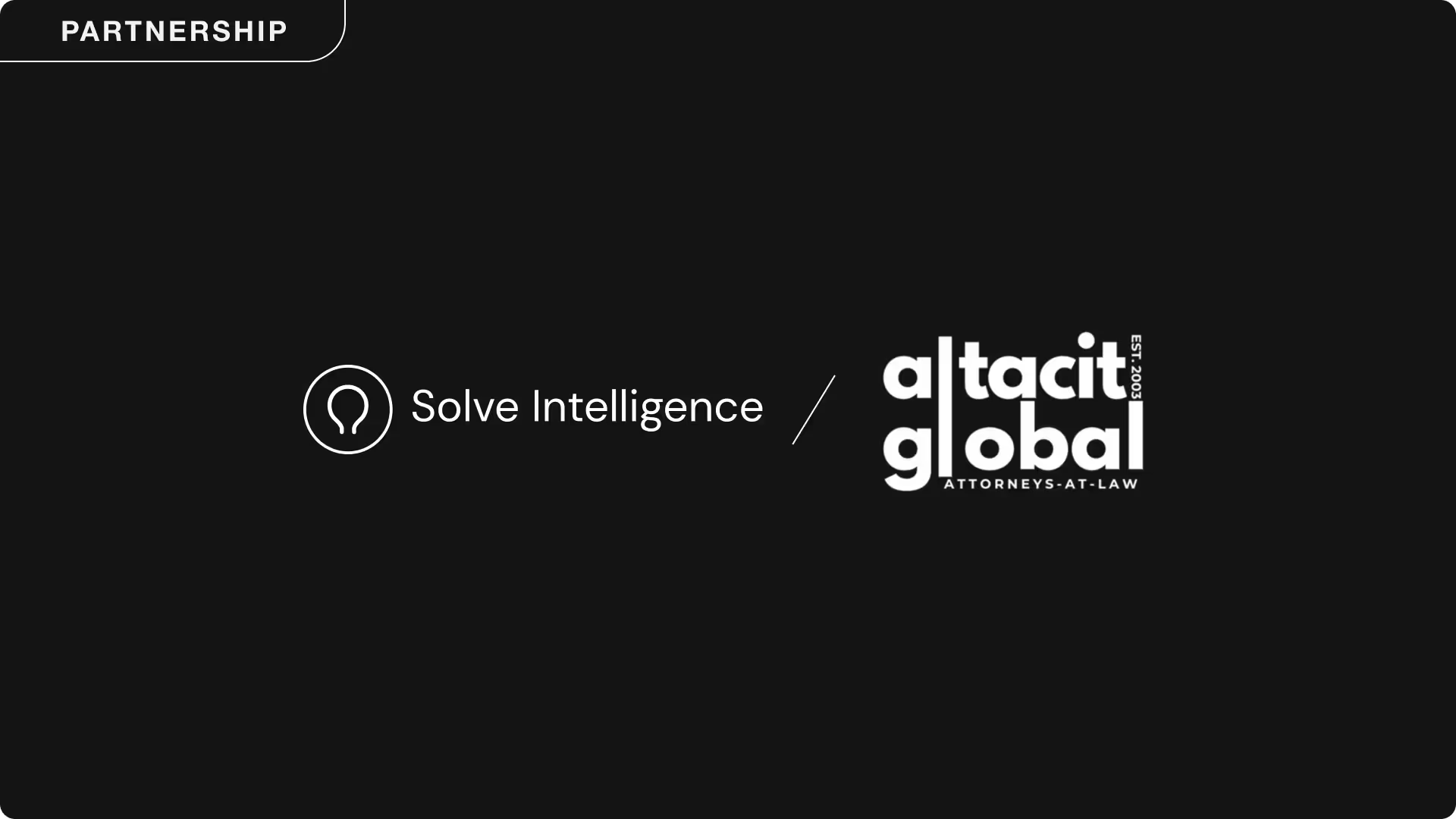Solve Intelligence Partners with Top Israeli Law Firm, Meitar
Solve Intelligence has partnered with one of the largest law firms in Israel, Meitar, to continue building the leading AI platform for patent law.

At Meitar Patents, we constantly seek tools that enhance our team's ability to deliver exceptional results for our clients. Solve Intelligence's tool offers a unique combination of advanced AI capabilities and user-centric design, which aligns perfectly with our vision of using AI.
Zohar Eliezri, Partner at Meitar
Meitar Partners with Solve Intelligence
Solve Intelligence is proud to announce our latest collaboration with Meitar Patents, the specialized patent practice within Meitar Law Firm, one of Israel's largest and most innovative law firms.
Recognized for their expertise in intellectual property law, Meitar Patents are adopting Solve Intelligence's cutting-edge Patent Drafting Copilot as a tool to enhance and support patent drafting workflows.
Meitar Patents come onboard following an extensive testing phase, in which their patent team tested several generative AI platforms. The feedback gathered during this process provided Meitar's leadership with the confidence to integrate Solve Intelligence's solution as a supporting tool useful in the careful hands of experienced patent attorneys.
About Meitar
Meitar is one of Israel's largest law firms with over 600 professionals, and consistently receives the highest rankings from independent guides, such as Chambers & Partners and Legal 500. The patent team at Meitar Patents, operating as part of the broader Meitar Law Firm group, routinely deals with legally challenging matters across a wide range of technical fields. Their attorneys' expertise extends to navigating complex cross-border matters and providing strategic advice tailored to the unique needs of their diverse client base.
Supporting Patent Drafting with AI
By adopting Solve Intelligence's platform, Meitar Patents is providing its attorneys with AI-powered assistance tools designed to complement and support their expertise.
This powerful tool allows streamlining simple routine tasks to allow attorneys to dedicate more time to strategic, high-value client work and complex analysis, thereby enhancing the efficiency.
A Shared Vision for Innovation
Both Solve Intelligence and Meitar Patents are committed to shaping the future of intellectual property law practice through innovation. By integrating Solve Intelligence technology as a supporting tool in its workflows, Meitar Patents is reaffirming its position as a leader in adopting transformative technologies to augment their professionals' expertise and improve client outcomes.
Looking Ahead
Solve Intelligence looks forward to working closely with Meitar Patents, as we continue to build and develop our AI platforms to help support legal practitioners and patent professionals across the intellectual property landscape.
AI for patents.
Be 50%+ more productive. Join thousands of legal professionals around the World using Solve’s Patent Copilot™ for drafting, prosecution, invention harvesting, and more.


.avif)

